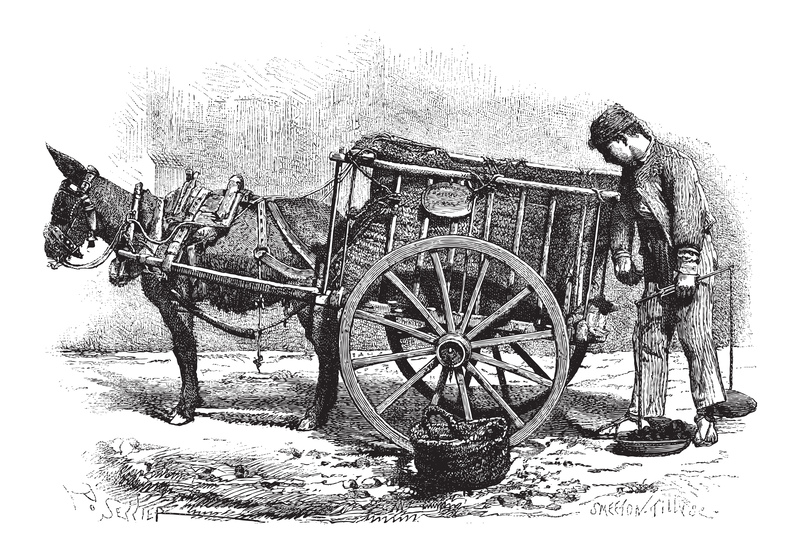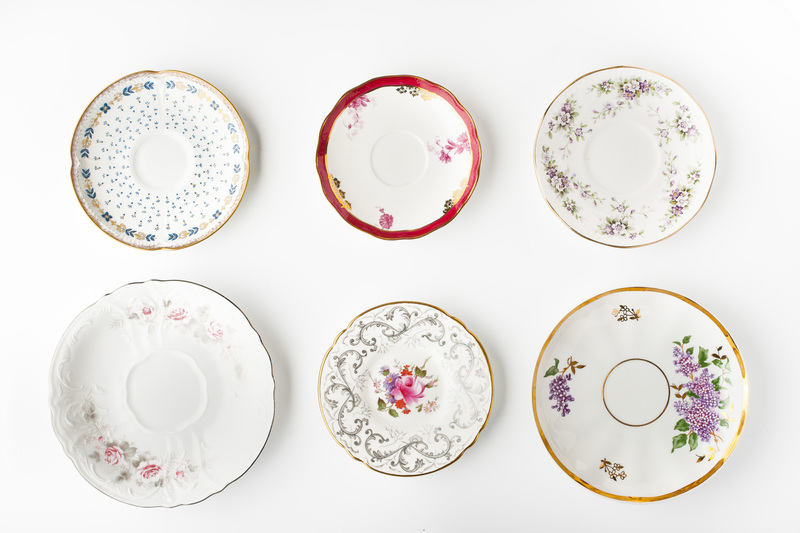Start Reducing Your Plastic Usage Today with These Tips
Plastic pollution is one of the most pressing environmental issues, with single-use plastics causing immense harm to our ecosystems and health. Every year, humans produce approximately 300 million tons of plastic waste, much of which ends up polluting landfills, waterways, and oceans. Luckily, each of us can play a part in combating this crisis. If you're ready to make a positive impact, read on to discover effective and practical ways to reduce your plastic usage starting today.
Why Is Reducing Plastic Usage Important?
Plastic is versatile, lightweight, and cheap, but it's also non-biodegradable. Most plastics take hundreds or even thousands of years to decompose, meaning that almost all the plastic ever created still exists in some form. Reducing our plastic consumption not only helps keep our planet clean but also protects wildlife, marine life, and even our health--since plastics can leach harmful chemicals into food, water, and soil.
- Protects natural habitats, especially oceans and waterways
- Reduces landfill waste and air pollution from incineration
- Minimizes microplastic ingestion by humans and animals
- Slows down climate change by reducing plastic production (a process that emits greenhouse gases)

Practical Tips to Start Reducing Your Plastic Usage Today
1. Reevaluate Your Shopping Habits
An easy step toward cutting down on plastic waste is by becoming mindful of how you shop. Many everyday items come wrapped in layers of unnecessary plastic packaging.
- Choose products with minimal packaging: Opt for items sold in glass, paper, or cardboard.
- Skip single-use plastics: Avoid goods like straws, cutlery, and plates made from plastic.
- Shop in bulk stores where you can bring your own reusable containers.
2. Bring Your Own Bags, Bottles, and Boxes
One of the simplest yet most impactful plastic reduction tips is to switch to reusable alternatives for everyday items.
- Carry cloth or canvas bags for shopping.
- Use a stainless steel or glass water bottle instead of buying bottled water.
- Bring your own takeout containers and coffee cups.
- Keep reusable produce bags in your car or backpack for grocery trips.
Did you know? Americans use around 100 billion plastic bags annually. Replacing single-use bags with reusable ones can dramatically cut down on this statistic.
3. Rethink Your Kitchen and Pantry
Your kitchen is often a hotspot for plastic waste. From food storage to cleaning supplies, there are many ways to switch to more sustainable options.
- Choose glass or stainless steel food containers.
- Replace plastic wrap with beeswax wraps -- they're reusable and compostable.
- Buy food like grains, nuts, and spices in bulk and store them in mason jars.
- Opt for dish brushes and sponges made from natural fibers.
- Choose bar soap instead of liquid soap in plastic bottles.
4. Support Plastic-Free Personal Care Products
The beauty and personal care industry is notorious for plastic packaging. You can easily cut back on plastic by switching to eco-friendly alternatives.
- Pick shampoo and conditioner bars over bottled versions.
- Look for toothpaste in glass jars or tablets.
- Choose deodorants packaged in paper tubes.
- Use wooden toothbrushes instead of plastic ones.
- Switch to reusable cotton rounds or makeup remover pads.
- Buy razors that use replaceable blades rather than disposable ones.
5. Make Smart Food Choices
Our food choices can greatly impact our plastic footprint. A little planning goes a long way in reducing the amount of plastic we use.
- Bring your own containers for takeout or leftovers at restaurants.
- Say no to plastic cutlery--carry your own.
- Support local farmers' markets, where food is often sold with little to no packaging.
- Pack homemade lunches in reusable containers rather than buying prepackaged foods.
6. Clean Green
Most household cleaning products are packaged in single-use plastic bottles. Cut down on plastic waste with these simple swaps:
- Buy refillable cleaning products or make your own using vinegar, baking soda, and lemon.
- Use reusable microfiber cloths instead of disposable wipes.
- Choose concentrated cleaner tabs that dissolve in water and avoid plastic bottles.
7. Advocate for Change
While personal habits matter, advocating for systemic change can create a broader impact:
- Support legislation that regulates single-use plastics.
- Encourage local businesses to adopt plastic-free initiatives.
- Share your plastic reduction journey on social media to inspire others.
8. Recycle Correctly
If you must use plastic, make sure it is recycled properly. Not all plastics are recyclable, and contamination can render entire batches unusable.
- Familiarize yourself with your local recycling guidelines.
- Rinse containers before recycling to remove food residue.
- Avoid combining non-recyclable items (like plastic bags) with other recyclables.
Innovative Plastic Alternatives Worth Trying
With increasing awareness, many brands have developed innovative solutions to replace everyday plastic items. Here are a few trending options:
- Biodegradable cutlery and plates (made from cornstarch, bamboo, or palm leaves)
- Plant-based packaging for groceries and takeout
- Silicone reusable bags as substitutes for zip-lock bags
- Compostable trash bags and poop bags for pets
- Edible straws and utensils
How to Stay Motivated on Your Plastic-Free Journey
Transitioning to a lifestyle with less plastic isn't always easy, but consistency is key. Here are practical tips to keep you inspired:
- Set achievable goals: Focus on one plastic-free swap each week to avoid overwhelm.
- Join communities: There are many online forums and groups for those working to reduce plastic waste.
- Track your progress: Keep a journal or use an app to monitor the reduction in plastic use.
- Celebrate your wins: Share your successes with friends, family, or through social media.
- Spread the word: Educate others about the benefits of reducing plastic and sustainable alternatives.

Overcoming Common Challenges
Switching from a plastic-heavy lifestyle may present a few obstacles. Here's how you can overcome some common roadblocks:
- "Plastic-free products are expensive!": While some eco-friendly products may have a higher upfront cost, they can save you money over time since they're reusable.
- "It's hard to remember reusable items.": Keep bags and bottles in your car, workplace, or bag so they're always on hand.
- "Plastic-free options are hard to find.": Shop online, ask local stores to stock alternatives, and support companies prioritizing sustainable packaging.
- Lack of access: If you're unable to find alternatives, focus on maximizing the lifespan and utility of items you do purchase.
Conclusion: Every Step Counts Toward a Plastic-Free Future
Reducing your plastic usage is one of the most direct actions you can take to safeguard our planet and future generations. It's not about being perfect--but about making conscious, better choices every day. By incorporating these strategies and plastic reduction tips into your lifestyle, you'll be part of a growing movement that's driving meaningful long-term change.
Start reducing your plastic usage today: Bring your own bags, avoid single-use plastics, and support brands that put the environment first. Your choices make a difference--let's work together for a cleaner, greener Earth.
If you found this article helpful, share it with your friends and family to inspire even more people to join the journey toward a sustainable lifestyle with less plastic.
Further Resources
FAQs: Start Reducing Your Plastic Usage Today
- What are the top three ways to reduce plastic in daily life? Reuse bags and bottles, avoid single-use plastics, and shop in bulk or at plastic-free stores.
- Is plastic recycling enough? While recycling helps, the best strategy is to reduce and reuse. Not all plastics are recyclable, and recycling systems can be inefficient.
- Can one person really make a difference? Yes! Collective individual actions drive systemic change and inspire businesses and governments to reduce plastic use.
Take your first step today: every change, big or small, helps protect our planet!